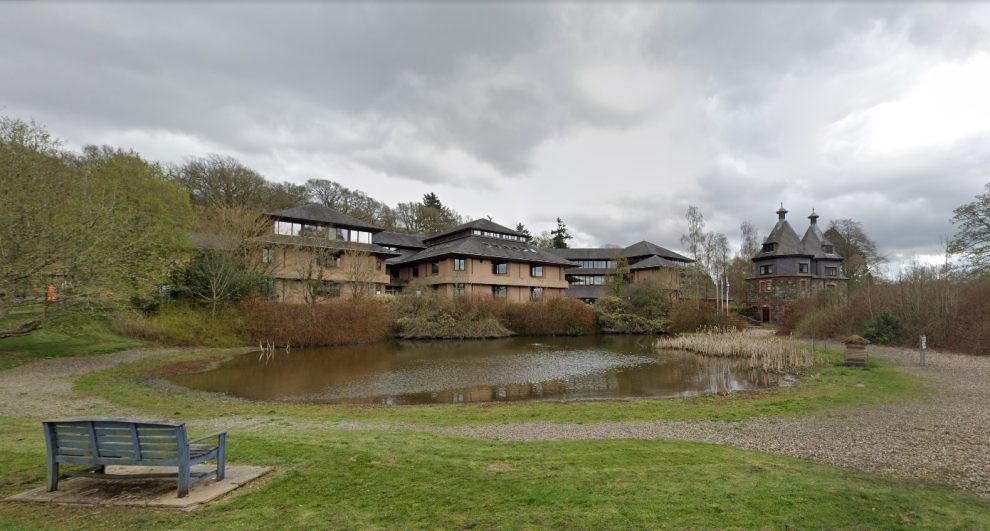SCHOOLS are set to receive a 4.2 per cent funding increase in the next financial year to show that education is a “priority” for Powys County Council’s Liberal Democrat/Labour Cabinet.
This equates to an extra £3.6 million in funding for the county’s schools.
At a meeting of the council’s Cabinet on Tuesday January 16, senior councillors went ahead and set the draft budget for the 2024/2025 financial year which includes a 7.5 per cent increase in Council Tax.
But the Council Tax rate could have been much higher if the £18.458 million budget gap is not partially plugged by £10.652 million in council cuts, savings, and income generation from council services.
Cabinet member for Finance, Labour’s Cllr David Thomas said: “Schools across Powys continue to face significant financial pressure through pay, energy and other costs the budget proposal includes additional funding which includes additional funding worth £3.6 million directly into schools delegated budget.”
“This reflects the priority education has.”
This would take schools slice of the funding in Powys up to £87.4 million from the total of £340.7 million for next year.

Education portfolio holder, Liberal Democrat Cllr Pete Roberts said: “Education is one of the few service areas that has seen an increase in its funding.”
He explained that money was being moved to schools and away from the council’s Education department.
Cllr Roberts said: “So we’re moving funding away from officers to the classroom.”
“It’s the best we can do under the current circumstances.”
He added many other local authorities intend making “significant” cuts to their funding for schools.

Council leader, Liberal Democrat Cllr James Gibson-Watt said: “We don’t wish to be in this position, having to recommend a Council Tax rise of this scale but we have to balance the budget.
“We got used to low rates of inflation, but things go wrong in the world and inflation soars as does the cost of council service delivery.
“The UK Government have also seen fit in the past year to agree public sector pay settlements without funding them – expecting public sector organisations to fund those from existing resources.
“That has blown a massive hole in finances across the board.”
Deputy council leader, Labour’s Cllr Matthew Dorrance said: “The overarching aim of this cabinet is to aim to present a balanced budget to council that enable us to deliver our core functions and we’ve arrived at a position where we can do this with some confidence.”
He pointed out that across the UK councils were having to “working really hard” to avoid the dreaded s114 notice which means an authority is effectively declared bankrupt.
Cllr Dorrance said: “We have to take the decisions now to avoid that in the future.”
“One of the things I hear very often from members of the public is: why do they get less in service provision when are they asked to pay more, and it’s a reasonable question to ask.”
He asked, if the council continued to provide services at it’s current level and did not include cuts and efficiencies in the budget, how much would the Council Tax need to go up to plug the full funding gap?
“It’s important for the public to understand what the extreme version would be,” said Cllr Dorrance.
Cllr Thomas said: “Without the efficiencies were talking about a Council Tax increase of 18 to 19 per cent.”
Head of Finance and section 151 officer Jane Thomas told councillors that the proposal was financially “robust.”
Ms Thomas said: “I would like to point out and ask everyone to focus more on the amount of budget we are setting today.
“Very often we focus on what is being taken out of the budget, £340 million is a significant investment in services for our residents.”
Cabinet members went on to unanimously approve the draft budget.
The draft budget now starts a month long journey which will see it probed at several scrutiny committee meetings before being voted upon by all councillors at a council meeting on Thursday, February 22.

















